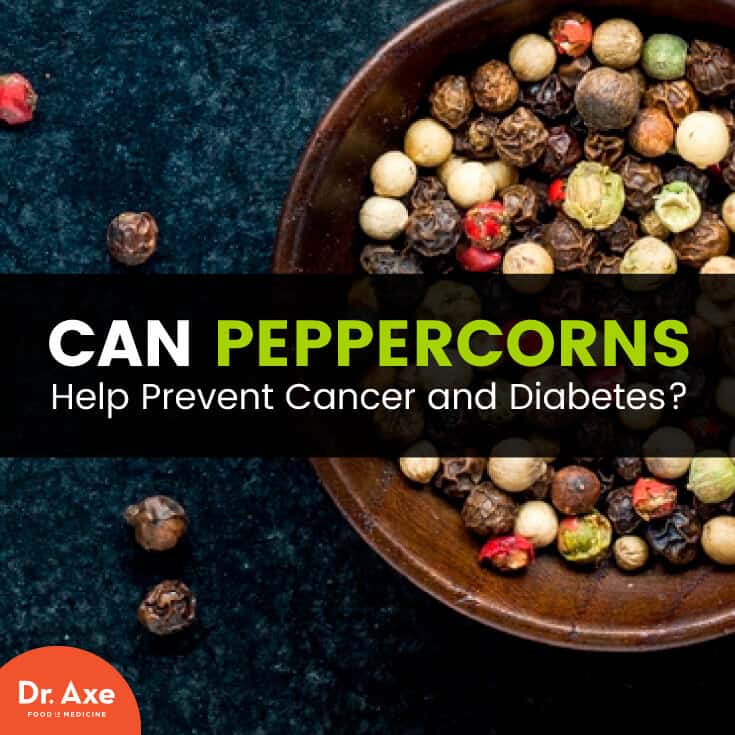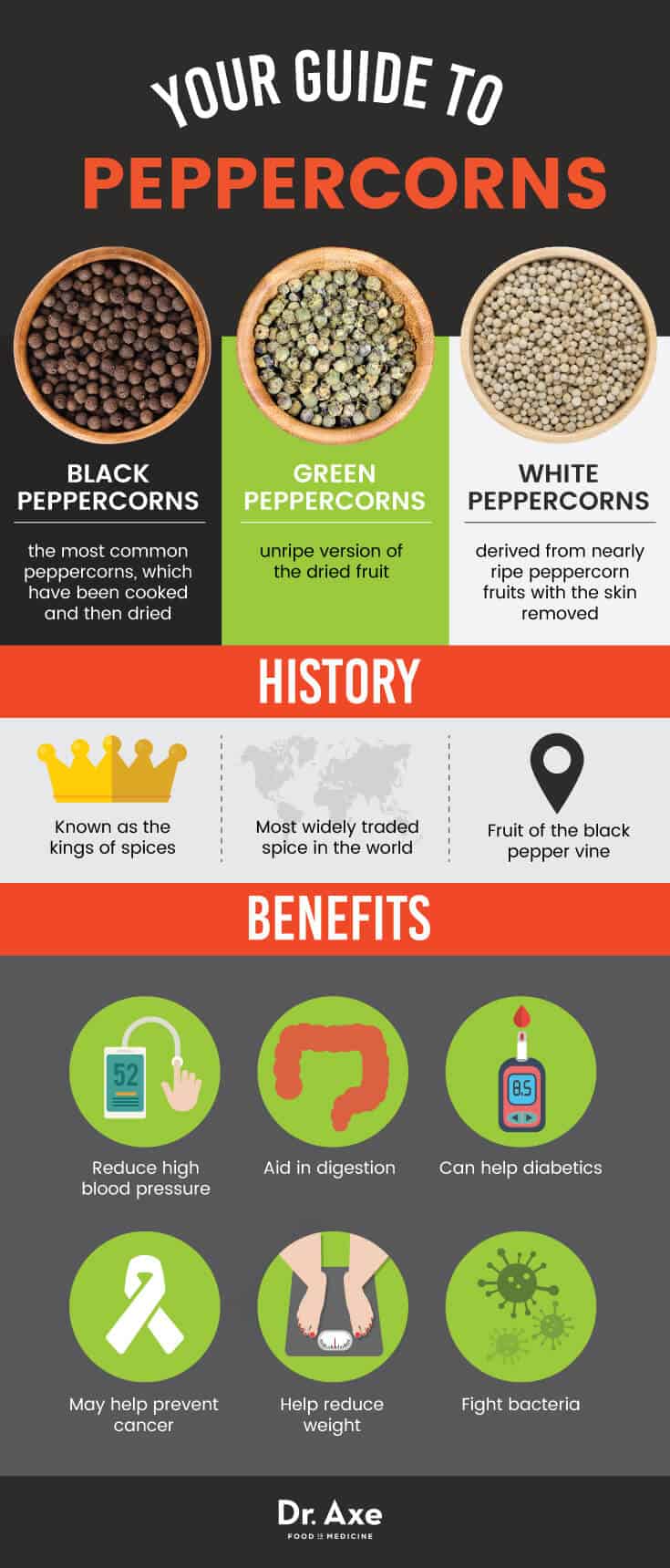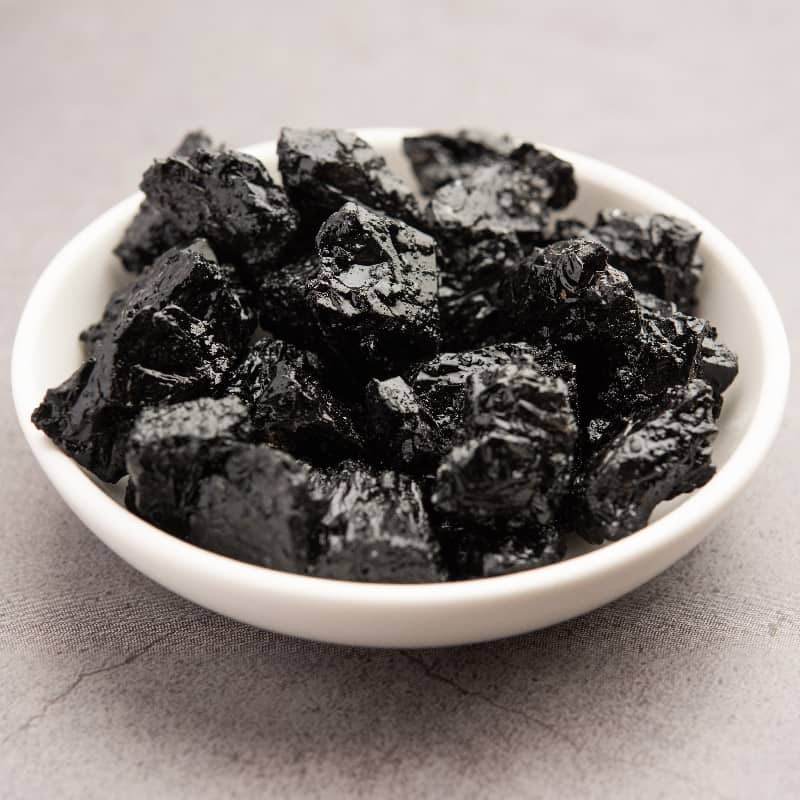This Dr. Axe content is medically reviewed or fact checked to ensure factually accurate information.
With strict editorial sourcing guidelines, we only link to academic research institutions, reputable media sites and, when research is available, medically peer-reviewed studies. Note that the numbers in parentheses (1, 2, etc.) are clickable links to these studies.
The information in our articles is NOT intended to replace a one-on-one relationship with a qualified health care professional and is not intended as medical advice.
This article is based on scientific evidence, written by experts and fact checked by our trained editorial staff. Note that the numbers in parentheses (1, 2, etc.) are clickable links to medically peer-reviewed studies.
Our team includes licensed nutritionists and dietitians, certified health education specialists, as well as certified strength and conditioning specialists, personal trainers and corrective exercise specialists. Our team aims to be not only thorough with its research, but also objective and unbiased.
The information in our articles is NOT intended to replace a one-on-one relationship with a qualified health care professional and is not intended as medical advice.
Peppercorns: Can They Help Prevent Cancer and Diabetes?
March 29, 2017

Though salt is the most widely used spice, peppercorn is the most widely traded spice in the world. And while it’s known as the king of spices, it’s actually a fruit. Yes, a fruit. From the Piperaceae family, the black pepper vine produces peppercorns, which are the fruit of the pepper plant that have been dried for use.
There are three types of peppercorns: (1)
- Green peppercorns are the unripe version of the dried fruit.
- White peppercorns are derived from nearly ripe peppercorn fruits with the skin removed.
- Black peppercorns, which have been cooked and then dried, are the most common.
What makes peppercorns so popular? Well, certainly the spice pairs well with an array of food options, and it also exhibits an array of health benefits you may not have known about. For instance, did you know that peppercorns may benefit those with diabetes and even exhibits anticancer activity, much like black pepper essential oil? It’s true, but that’s not all.
Health Benefits
1. May Help Prevent Cancer
Turmeric has become very popular due to it’s amazing healing properties, but researchers indicate that it’s most effective if it’s combined with black pepper. Why? Because the piperine in black pepper helps the body absorb the amazing benefits of turmeric.
Recent studies share information regarding the positive effects of various spices, such as black pepper and turmeric, and how they may help reduce the risk of cancer. Black pepper contains a bioactive compound similar to capsaicin called piperine. This compound helps induce apoptosis, which can keep tumors away. That combined with the anticancerous affects of turmeric make this a great combination. (2)
Further exhibiting peppercorns’ standing as cancer-fighting foods is research conducted at Dalhousie University in Halifax, Nova Scotia. It found that piperine “inhibits the growth of cancer cells, although the mechanism of action is not well understood.” Piperine both inhibited the growth of colon cancer cells and even induced apoptosis in some cells, providing “the first evidence that piperine may be useful in the treatment of colon cancer.” (3)
2. Aid in Digestion
Black pepper sends a message to the stomach to release hydrochloric acid. It’s this acid that helps improve digestion. Through this process, it can help eliminate heartburn, indigestion and even gas.
Gastric acid is the hydrochloric acid component of the gastric juices that form in the stomach to prepare food for digestion and absorption by the intestine. Acid bathes the food bolus, or mass of food stored in the stomach, to help break it down so it can be easily digested. It’s believed that the piperine found in peppercorns can help produce the much-needed gastric acid so we have a positive and healthy digestion experience. (4, 5)
3. Can Help Diabetics
Black pepper, including in the form of black pepper essential oil or black peppercorns, has demonstrated itself to have impressive antioxidant and antibacterial effects — yet another way in which this wonderful seasoning promotes the health of the digestive tract. These beneficial antioxidants may help stabilize blood sugar. Regulation of hyperglycemia is one activity offered by peppercorns and their extracts, ultimately helping reduce free radical damage. (6)
Recent research published in the Proceedings of the National Academy of Sciences of the United States of America studied piperine’s effect on obesity and diabetes. What the researchers found was that piperine helps the up-regulation of the metabolic rate of resting muscle, which in turn can mitigate obesity and diabetes, making it effective in combating obesity and making it excellent for any diabetic diet plan. (7)
4. Help Reduce Weight
Many researchers believe that peppercorns are able to help burn fat due to the piperine they contains. For example, a study published in the Indian Journal of Pharmacology was conducted on rats, feeding them high-fat diets to develop dyslipidemia induced by obesity. The rats were given piperine and sibutramine for three weeks.
What the researchers found was that “supplementing piperine with HFD significantly reduced not only body weight, triglyceride, total cholesterol, LDL, VLDL, and fat mass, but also increased the HDL levels, with no change in food intake.” This led them to conclude piperine can help reduce fat and lipids, which can help you lose weight. (8)
However, more studies are needed to back this claim. That doesn’t eliminate the ability for pepper to help you reduce weight, though. Why? Well, pepper is a seasoning that can replace high-calorie sauces when cooking. Simply put, pepper has very few calories compared to heavy sauces and creams, so going for the pepper grinder may be a great way to help you drop a few pounds. (9)
5. Reduce High Blood Pressure
Since black pepper is nearly free of salt, using it instead of salt may help you reduce your overall salt intake, ultimately reducing high blood pressure. Less salt can help reduce fluid retention and uncomfortable bloating. Adding spices, such as black pepper and even ginger, coriander garlic and bay leaf, to your food instead of salt can help keep blood pressure in check without feeling like you are missing something.
A study conducted at Comenus University in Slovakia on rats found that oral administration of piperine, present in peppercorns, was able to prevent blood pressure from rising at least partially, while another study published in the Journal of Cardiovascular Pharmacology confirmed the blood pressure-lowering effects on rats. (10, 11)
6. Fight Bacteria
The piperine present in black pepper is a phytochemical, or phytonutrient, containing numerous anti-inflammatory effects, and it’s shown therapeutic benefits on bacterial development in mice. Researchers have investigated the effects of piperine on pyroptosis in rodent phagocytic blood cells and learned that piperine may suppress the development of disease-causing bacteria. (12)

Nutrition Facts
One tablespoon (six grams) of ground black pepper/black peppercorns contains about: (13)
- 16 calories
- 4.1 grams carbohydrates
- 0.7 gram protein
- 0.2 gram fat
- 1.7 grams fiber
- 0.4 milligram manganese (18 percent DV)
- 10.2 micrograms vitamin K (13 percent DV)
- 1.8 milligrams iron (10 percent DV)
- 0.1 milligram copper (4 percent DV)
- 27.3 milligrams calcium (3 percent DV)
- 12.1 milligram magnesium (3 percent DV)
How to Use
When purchasing peppercorns, try looking for a source that offers fresh peppercorns versus those that may have been sitting around for a while. Having an earthy scent, freshly ground is the way to go, and you can find a pepper mill that offers different sizes from fine to coarse.
If you want to use the cracked and very coarsely ground pepper, a mortar and pestle works best. As for all spices, store them in a dark place away from light. Regarding taste, some are hot and complex in flavor, while others are mild and simple. Try different varieties and amounts until you find the one that works best with your recipes.
Recipes
Dairy-Free Peppercorn Turmeric Chia Tea
INGREDIENTS:
- 1 cup water
- 1 cup almond or cashew milk
- 2 drops wild orange essential oil (or one piece of orange peel)
- 2 whole cloves
- 1 drop cinnamon essential oil (or one cinnamon stick)
- 3 whole black peppercorns
- ½ teaspoon freshly ground turmeric
- ½ teaspoon freshly ground ginger
- ½ teaspoon local honey
- 2 teaspoons black tea leaves
- 1 pinch ground nutmeg
DIRECTIONS:
- Heat the milk and water in a saucepan.
- Place the orange essential oil, cloves, cinnamon essential oil, black peppercorns, nutmeg, ginger, turmeric and tea leaves into the pan.
- Bring the mixture to a boil, then reduce heat to low, and simmer. If you want it stronger, allow it to simmer longer.
- Strain out the spices, then pour into cups.
- Add honey to taste.
Here are a few more recipes utilizing peppercorns to try:
- Walnut and Black Pepper Cookies
- Citrus and Black Pepper Spiced Salmon
- Beef Bone Broth or Chicken Bone Broth
Peppercorn Interesting Facts
Black pepper is indigenous to southwest India. Ancient trade of this spice between India and the West dates back as early as 1000 B.C. and was quite profitable. In fact, it was profitable enough to cause the development of tales that a dragon was guarding a pepper pit to prevent others from seeking out the trade. Eventually, pepper came to be considered a luxury item in medieval Europe, making the Dutch phrase “pepper expensive” common, even today.
The Library of Congress reports that pepper was once considered so valuable that in ancient Greece and Rome, it was used as currency. Apparently, when the Goths defeated Rome in 410, they demanded a ransom of 3,000 pounds of pepper, and it was even accepted as payment for things such as rent and taxes during the middle ages. Later, Salem, Mass., was a big part of the world pepper trade, where many of America’s first millionaires were born. Over time, it became less expensive and more accessible, which led to the inclusion of black pepper in many recipes and blends, such as Indian, Moroccan, French and Cajun cuisines. (14, 15)
Pepper vines can grow as high as 13 feet tall and are native to south India. Vietnam is the world’s largest producer and exporter of pepper, coming in at 34 percent of the production of pepper.
Related: What Is Allspice? Benefits, Uses, Substitutes & More
Risks and Side Effects
That whole idea of pepper causing sneezes is more than an idea. It happens, even if you’re not allergic. I’ve given a lot of information about piperine, the natural chemical found in peppercorn. It’s this attribute that causes the sneezing because it acts as an irritant if it gets in the nose.
Regardless of whether it’s white, black or green peppercorn, it contains the alkaloid piperine, which stimulates the nerve endings inside the mucous membrane. That is where the “ACHOO” happens! Also, avoid getting pepper in and around the eyes as it can burn.
If you notice symptoms, such as hives, tingling or itching inside your mouth; abdominal pain; diarrhea; nausea and vomiting; wheezing; congestion; dizziness and lightheadedness, you may be experiencing an allergic reaction. Other symptoms include swelling of the lips, tongue, mouth and throat, which may constrict your airways. Seek help immediately if experiencing any of these symptoms.
Final Thoughts
Peppercorns are a great way to enhance the flavor of food or the benefits of other spices, such as turmeric, without the negative effects of weight gain. Try one of the recipes above to gain the flavor of the peppercorn. Start moderate if you are not used to using it, and take caution when using with children.
You may just find that peppercorns help you digestion, waistline and blood pressure levels, while they also help prevent and fight cancer, diabetes and bacteria. It’s no wonder this amazing spice is considered the king of spices.










